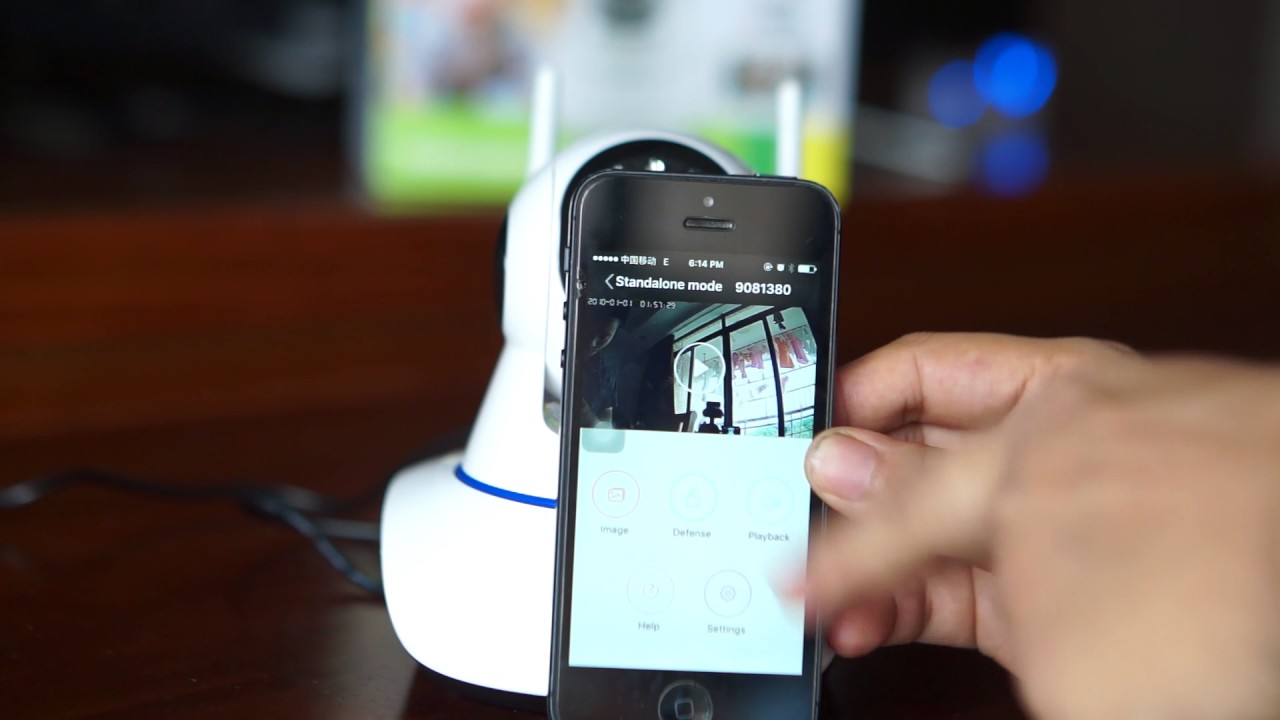A Ghanaian woman, Gifty Amoakowaa, has sued Peace and Love Hospital at the Human Rights Division of the Accra High Court, alleging that the medical facility violated her privacy at the consulting room where she had her breasts examined.
She claimed the hospital installed CCTV cameras in consulting rooms used for intimate procedures, including breast examinations, a move she describes as intrusive, distressing, and unconstitutional.
The suit was initiated in early May and has sparked wider concerns about patient privacy in Ghana’s healthcare system.
Alleged breach of privacy in Ghanaian hospital
At the heart of the case is Amoakowaa’s assertion that the use of closed-circuit surveillance in consultation and breast examination rooms breaches her right to personal privacy and dignity, as guaranteed by the 1992 Constitution of Ghana.
Specifically, she references Articles 15 and 18(2), which protect individuals from degrading treatment and unwarranted interference in private life.
According to court filings, the plaintiff alleges that the cameras captured footage during her physical examination, causing her “ongoing psychological trauma and emotional distress.” She argues that such surveillance undermines the core principle of confidentiality in the doctor-patient relationship.
In addition to constitutional provisions, Amoakowaa cites Section 167 and the Sixth Schedule of the Public Health Act, 2012 (Act 851), also known as the Patients’ Charter, which clearly outlines a patient’s right to confidentiality during medical care.
Legal reliefs sought from the High Court
Amoakowaa is seeking several legal remedies to address what she considers a grave infringement of her constitutional and personal rights.
She is asking the High Court to declare that the use of CCTV cameras in breast examination and consultation rooms is both unconstitutional and unlawful. According to her, such surveillance violates her right to privacy, dignity, and confidentiality during medical consultations.
She is requesting that the court order Peace and Love Hospital to immediately dismantle and remove all surveillance equipment installed in these private medical spaces. She believes this will prevent further violations and help restore patient trust in the healthcare system.
Amoakowaa is also pushing for a directive that compels the hospital to destroy any existing video footage in which she appears. She further requests that the court prohibit the hospital from storing, using, or distributing such footage in the future.
As part of her claim, she is demanding general damages for the psychological and emotional trauma she has endured as a result of what she describes as an invasion of her most personal moments. Finally, she is seeking compensation for the legal costs she has incurred while pursuing the case.
She has submitted an affidavit detailing her experience, the emotional toll it has taken, and the legal grounds for each of her claims. The court has been asked to consider any further reliefs it finds appropriate.
Raising broader questions about healthcare surveillance
This case raises serious questions about how privacy is upheld in Ghana’s medical institutions, particularly in private healthcare facilities. While hospitals may defend surveillance as a safety measure, it should never override patient dignity and privacy, especially during sensitive medical procedures.
The High Court is yet to announce a hearing date, but legal experts are already calling the case a potential landmark for patient rights in Ghana.
For now, all eyes are on the courtroom as Gifty Amoakowaa’s case brings the issue of medical surveillance and its impact on trust in healthcare into the national spotlight.















